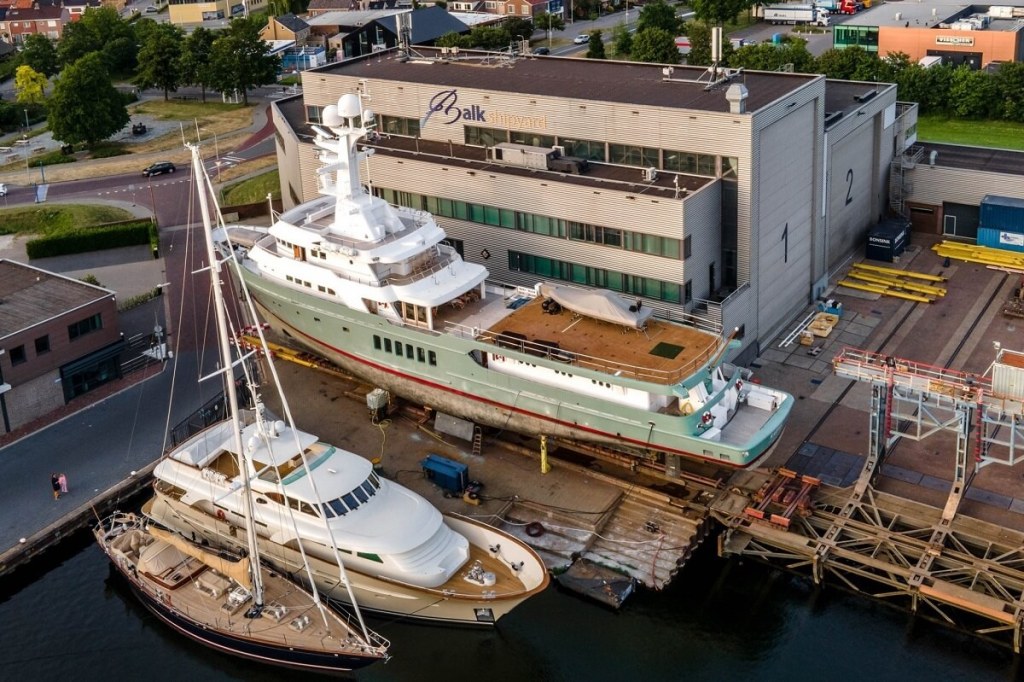
Plans to build a $100 million superyacht shipyard in Dubai in the United Arab Emirates (UAE) is a sure sign of good times ahead. It can also be seen as a signal the global financial crisis of 2008 is well and truly behind this influential oil-rich Gulf country.
The plans by Gulf Craft, a major manufacturer of luxury yachts and fibreglass boats and one of the world’s top 10 superyacht builders, should see the opening of a brand new facility in Dubai Maritime City (DMC), a world-class maritime cluster in the heart of Dubai.
The company intends to invest the money over the next five years in developing the approximately 900,000 square-foot freehold plot located within the marine district of DMC. The state-of-the-art facility will be used to build a shipyard for the manufacture of mega and superyachts.
Magnet for millions of expatriates
The UAE, a tourism hotspot famed for cutting-edge architecture, incredible shopping malls and massive infrastructure spending, all fuelled by thriving business and banking sectors, is also a magnet for millions of expatriates from around the world, many of them from Europe and America who contribute greatly to the local economy by buying everything from fast cars to luxury condos.
At any one time, something in the region of 250,000 Britons can be found living and working in the country, by far the largest of the Western contingents. The number of Americans working there tends to be much lower, estimated at around 40,000, with Australians making up about 7,000 of the almost 8 million-strong expatriate workforce.
Dozens of free zones set up around the country over decades have done much to attract huge inward investment, helped by a benign regulatory environment which has cut bureaucracy and red tape to the bone. But there are a range of other perks designed to encourage overseas businesses to set up and to kick-start their new venture in a matter of days.
Queuing to get on board
The perks include zero corporate and personal tax liability; 100% foreign ownership allowed; 100% repatriation of capital and profits; and no foreign exchange controls. Entrepreneurs and business owners also have the final say when it comes to the hiring and firing staff. Little wonder foreign companies are literally queuing to get on board.
But there’s also a downside despite the liberal and tolerant attitude shown towards the millions of foreign workers in this forward-looking Middle Eastern country. Food and rent costs can be particularly high in some areas, and the costs involved in the education of any accompanying children can make a huge dent in even the most lucrative of monthly salaries.
Expatriate utopias
As a recent report, UAE expatriates and the bottom line, published by The Economist Intelligence Unit, points out, it would be naïve to paint Abu Dhabi and Dubai, the UAE’s two major cities, as expatriate utopias.
The report warns, “There are pitfalls, and much will depend on where you are moving from, whether you are moving with your family and what type of job you hold. Equally, a business-friendly environment does not necessarily equate to a benign framework for all employees. Those working in Dubai may face hidden costs, high prices and a lack of personal rights.”
Anyone thinking of moving to the UAE would be well advised to read the full report.